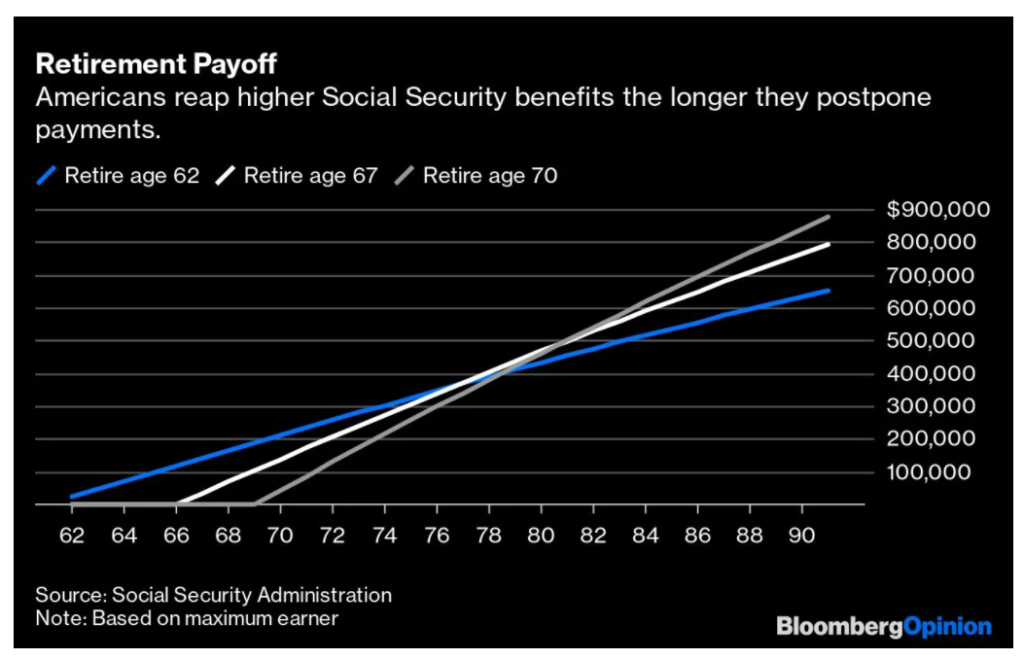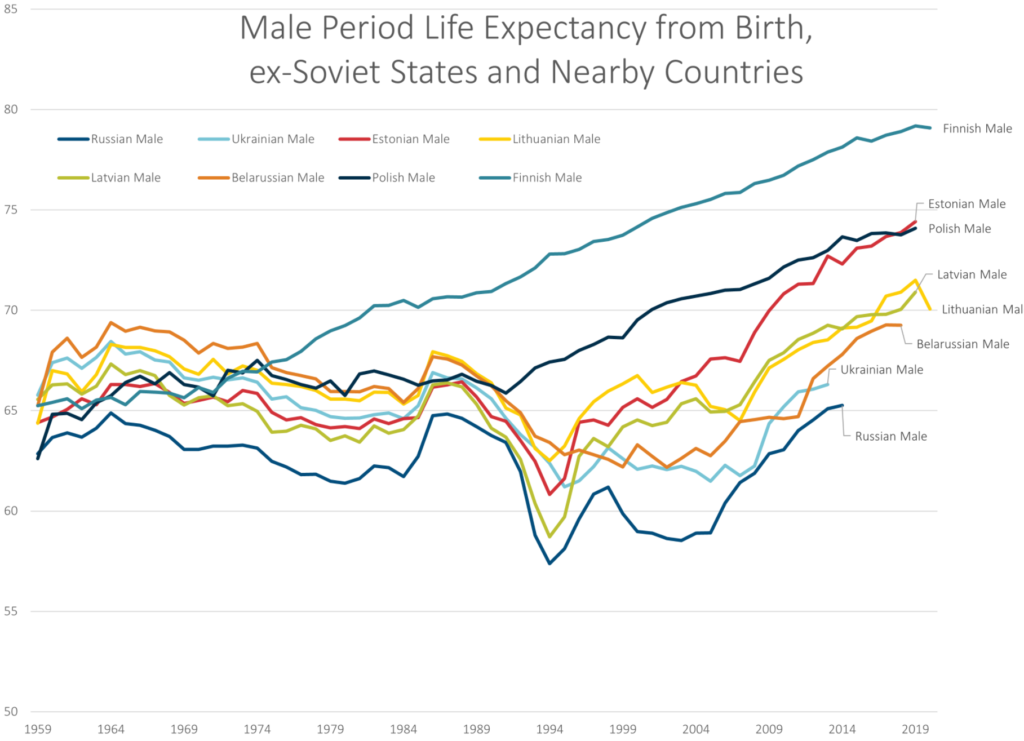Link: https://www.dallasnews.com/opinion/commentary/2022/03/06/republicans-are-winning-in-state-government-because-their-tax-policies-are-winning/
Excerpt:
Tax cuts remain a powerful tool to entice people and firms, and the pandemic has triggered a new tax war. After the lockdowns, states and cities predicted unprecedented revenue drops. Instead, economies bounced back quickly from the pandemic, partly because of widespread adoption of remote work and extensive federal aid from the Trump and Biden administrations — hundreds of billions of dollars in unemployment benefits (which kept individuals spending money), business loans and funding for local governments to fight COVID-19.
The March 2021 Biden stimulus then provided local governments with an unprecedented $350 billion to bolster their budgets. The revenue gusher has produced state budget surpluses where experts had only recently predicted steep deficits.
Nearly a dozen states, mostly Republican-governed, have used the windfall to cut taxes. Idaho reduced its corporate and individual tax rates and shrank its income-tax brackets from seven to five, producing a $163 million tax cut for residents and businesses. The state also sent $220 million in rebates to everyone who filed tax returns in 2019.
….
Advocates for higher taxes often say that the levies don’t drive away wealthy individuals or businesses. When New Jersey raised taxes on the wealthy in November 2020, Democratic Gov. Phil Murphy said, “When people say folks are going to leave, there’s no research anywhere that suggests that happens.”
Yet New Jersey, with taxes on the wealthy and on businesses long ranking among the nation’s highest, ranked a dismal 42nd in economic growth over the five years preceding the pandemic, according to one study, and it has been an economic laggard for two decades. Voters in this overwhelmingly Democratic state showed their disapproval in giving incumbent Murphy an extremely narrow victory in his November reelection bid. Polls showed that most voters favored the Republican position on cutting taxes over Murphy’s.
Author(s): Steven Malanga
Publication Date: 7 Mar 2022
Publication Site: Dallas Morning News


